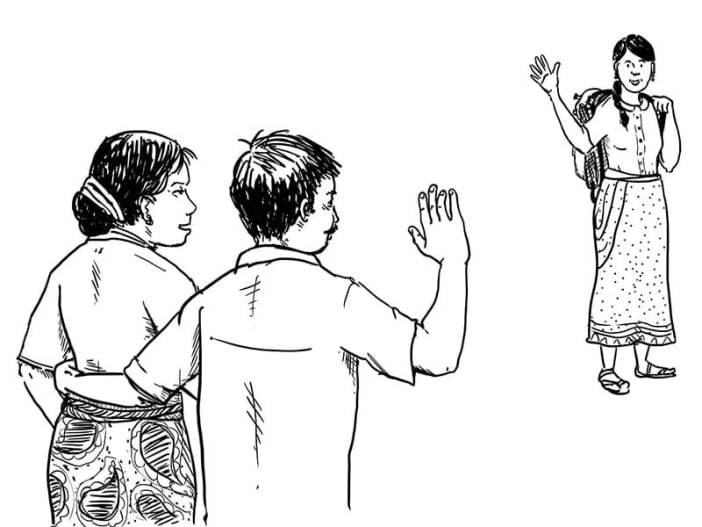Children are not meant to be alone. They should be in loving, nurturing families where they can learn important life skills and feel a sense of belonging.
However, many children across the world find themselves alone for different reasons. Some are separated from their families by war, natural disasters, domestic violence or human trafficking. Others are orphaned. Children without a home are particularly vulnerable to illness, emotional distress, hunger and abuse.
How to help
The first step is to provide for children’s basic needs: safe shelter, nutritious food, clothing and healthcare. Children must be protected from abuse, neglect and exposure to violence.
The following are also very important if children are to flourish, both physically and emotionally.
Love
The unconditional love of a parent or carer helps children to feel a sense of security and belonging, even if other things in their lives are less constant. Children need to know that the love they receive is not dependent on their achievements, but that they are valued and loved for who they are.
Availability
Children need to feel that they are being listened to, and that they have someone to turn to when they face challenges in life. Time is one of the best gifts that caregivers can give to children.
Patience
Children’s behaviour can sometimes be very challenging, but it is important for caregivers to control their anger and try to respond in a measured, appropriate way. Clear boundaries allow children to develop and reach their full potential safely. When children step outside these boundaries, carers need to provide a calm and consistent response.
Play
Children play because it is fun, but play is also key to their learning and development. Play helps them to learn new skills, communicate, gain confidence and physical strength, relate to other people and find out about themselves and the world.
Encouragement
When possible, caregivers should respond to a child’s emerging abilities by encouraging new skills and hobbies. It is important to praise children for what they manage to do, not to criticise.
Opportunity
All children should have the opportunity to go to school and learn the skills they need to succeed as independent adults.
Act of worship
The Bible talks of God’s desire to ‘set the lonely in families’ (Psalm 68:6) and reminds us that ‘religion that God our Father accepts as pure and faultless is this: to look after orphans and widows in their distress’ (James 1:27). It is an act of worship to open up our homes to vulnerable people in response to God’s love and grace in our lives.










